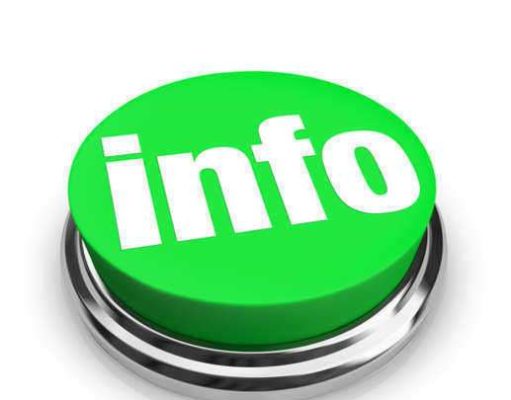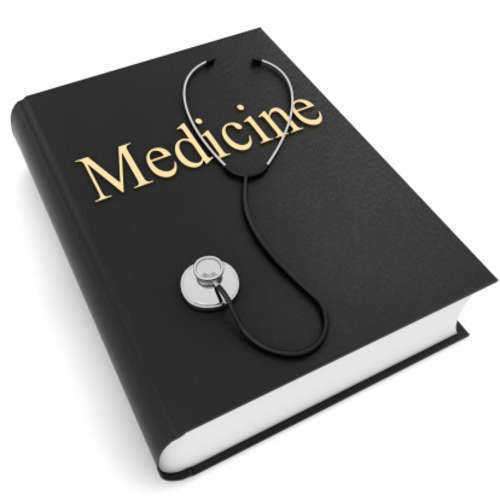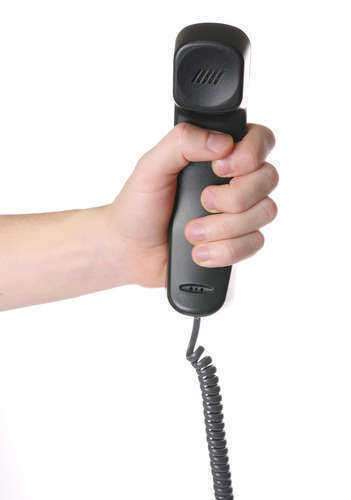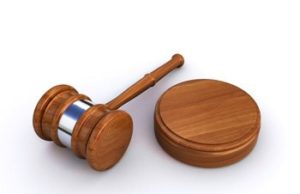What Are The Resources for Older Adults
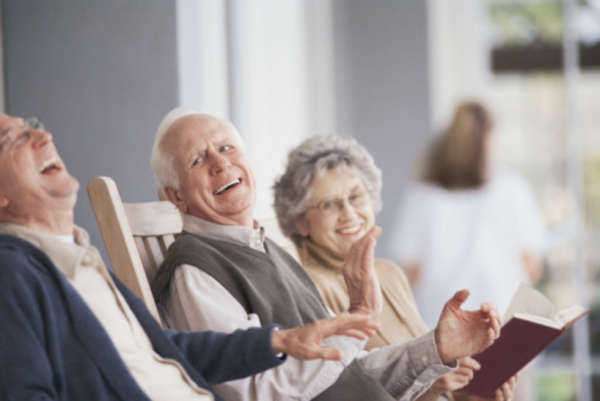
In the United States there are many organizations and agencies that endeavor to provide high quality care and services for senior citizens and the improvement of elder care as a field. These organizations, both private and non-profit, collaborate with health care professionals and other care providers to meet the growing needs of the senior citizen community in the United States.
Some of the resources available for aging adults are the Alzheimer’s Association, the American Association of Homes and Services for the Aging, the Center for Medicare and Medicaid Services, the Meals on Wheels Association of America, Medicare and Social Security fraud hotlines, and the MedilinePlus Medical Encyclopedia. Each of these resources focuses on senior health and its improvement.
Alzheimer’s Association
The Alzheimer’s Association is an organization focused on the prevention and elimination of Alzheimer’s disease worldwide. Alzheimer’s disease is disorder that affects the brain causes it to degenerate through the lack of proteins being created in the brain tissue. The disease primarily effects people aged 60 or older and is a terminal illness that affects the memory and other brain functions. The Alzheimer’s Association directs funds to research and advocacy to combat the disease and prevent more people from suffering.
The services that the Alzheimer’s Association provides educate people about the disease, allow people to voice their questions and opinions about Alzheimer’s, and even Emergency Services if, for example, a person with Alzheimer’s wanders away from home. In addition to these services, the association offers nationwide and international programs to raise money and educate health care professionals about new developments in the treatment and prevention of Alzheimer’s disease. The main program that the Alzheimer’s Association hosts is the Memory Walk to raise awareness and money for Alzheimer’s research.
American Association of Homes and Services for the Aging
The American Association of Homes and Services for the Aging, or AAHSA, is network of organizations that seek to provide adequate care and housing for senior citizens in the United States. AAHSA not only focuses on the current state of senior health care, but generates ideas and plans for the future. It does this through a global network of affiliates that offer services, conduct research and develop technology for the growing aging health care needs in the global community.
AAHSA was formed in 1961 by health care officials concerned with providing high quality services for seniors in the United States. Since then, over 5,000 members have joined the association, mainly non-profit organizations, to provide and develop high quality and ever improving care for the elderly.
Center for Medicare and Medicaid Services
With regional offices located throughout the United States, CMS ensures that both programs are functioning effectively and are providing the proper care to those that need it. CMS also works with other federal and state agencies to fund and administer the Medicare and Medicaid programs to its beneficiaries. The Medicare program specifically provides medical insurance to senior citizens and the disabled through funds made available by Social Security taxes. The Medicaid program provides medical insurance to people with limited financial resources through state and federal funds.
Meals on Wheels Association of America
The Meals on Wheels Association of America (MOWAA) is a nationwide program that delivers food to homebound senior citizens and persons with disabilities. The program’s origins in the United States began in Philadelphia by local women delivering food to “shut ins”. Other cities followed this example which then led to the creation of a nationwide network of food providers that provide hot or microwavable meals to senior citizens. The mission of the MOWAA is to eradicate senior hunger in the United States.
The MOWAA also has a foundation that conducts research on senior hunger and provides statistics on the needs of the hungry in the United States. The MOWAA also has initiatives to make sure that seniors receive care in emergencies and for their pets as needed. Meals on Wheels programs also exist in Canada, Australia and England – the program first officially formed during World War II in England.
Medicare and Social Security Fraud Hotlines
The Social Security Administration (SSA) and the Center for Medicare and Medicaid Services (CMS) have provided hotlines for beneficiaries to report cases of fraud regarding the program. These hotlines allow the two agencies to investigate fraud and return funds to the program to be administered to each program’s beneficiaries. Social Security fraud and Medicare fraud cause all beneficiaries to suffer from higher premiums and program restrictions due to the theft of funds.
Social Security fraud often involves the theft of a beneficiary’s Social Security number for the purpose of identity theft and receiving the Social Security benefits of another person. Medicare fraud is the improper billing of services to the Medicare program to receive more money. These services or procedures do not necessarily have to occur, however, the health care provider will note in the bill that they have. Both hotlines allow beneficiaries to report fraud by calling, mailing or faxing letters, or emailing the agency directly for the fraud report to be investigated.
MedilinePlus Medical Encyclopedia
The MediliinePlus Medical Encyclopedia is an online database of health information that was created by the National Library of Medicine. In 1998, the National Library of Medicine saw the growing amount of Internet users and MedilinePlus was its effort to provide important health facts and data to those users
The medical encyclopedia contains over 800 health topics which are divided into subsections including Body Systems, Disorders and Conditions, Diagnosis and Therapy, Demographic, and Health and Wellness. This makes it easier for users to find information. In addition to English, the encyclopedia is available in Spanish and 40 other languages.
For senior citizens, the MedilinePlus Medical Encyclopedia has a specific health section related to senior health under the Demographic heading. This directs that person to information on diseases, disorders, disabilities and treatments regarding senior health.

